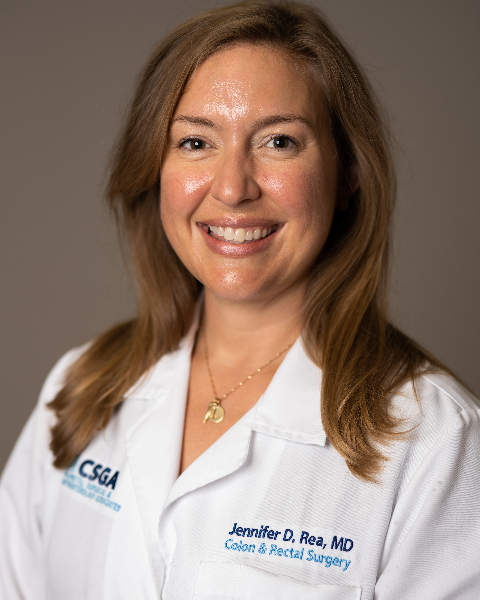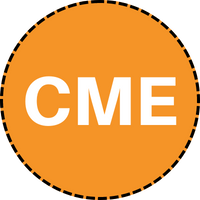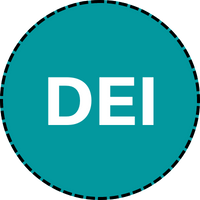Back
Professionalism
Practice Management
Saturday, June 3, 2023
1:00 PM – 3:15 PM PT
Location: Room 4C3 (Seattle Convention Center)

Jennifer Rea, MD
Colorectal Surgical and Gastroenterology Associates
Lexington
Jeffrey Cohen, MD
Hartford HealthCare
Co-Moderator(s)
CME Credit: 2.25
Contact Hours: 2.25
Most physicians entering practice following completion of their clinical training are poorly prepared for the non-clinical aspects of the practice of medicine. Whether joining a small single specialty practice or becoming part of a large healthcare system, physicians have had little formal education and training in what is broadly described as the “business of medicine.” In recent years, the American Society of Colon & Rectal Surgery has acknowledged that members of the Society across the generations are pursuing resources to sharpen their skills in the broad topic of practice management. As our membership struggles to maintain healthy and successful practices despite the tremendous disruptive forces of the healthcare system, a practical, high-yield symposium has been designed, targeting the optimization of practice management, and intends to cycle through a series of topics every three years. The intent of a multiyear practice management course is to meet the needs of our membership in teaching the basic principles of the business of clinical practice development and maintenance, while also providing a “toolbox” for dealing with change management, organizational relationships, communication skills, and strategic thinking. While primarily focused on colorectal surgeons in the first decade of their career, the topics presented will be relevant to the entire membership, particularly those that are contemplating transitions in their careers. The expectation is that at the completion of the course cycle, the colorectal surgeon will be well equipped to participate in the day-to-day management of their practice, be able to critically assess the opportunities for improvement in their practice, and possess the tools necessary to negotiate contracts as well as understand the forces of change that surround us daily. Based on feedback from the first 2 years of the symposium, in year three we aim to cover more topics in an interactive and dynamic format with ample opportunity for discussion and engagement among attendees and Faculty.
Contact Hours: 2.25
Most physicians entering practice following completion of their clinical training are poorly prepared for the non-clinical aspects of the practice of medicine. Whether joining a small single specialty practice or becoming part of a large healthcare system, physicians have had little formal education and training in what is broadly described as the “business of medicine.” In recent years, the American Society of Colon & Rectal Surgery has acknowledged that members of the Society across the generations are pursuing resources to sharpen their skills in the broad topic of practice management. As our membership struggles to maintain healthy and successful practices despite the tremendous disruptive forces of the healthcare system, a practical, high-yield symposium has been designed, targeting the optimization of practice management, and intends to cycle through a series of topics every three years. The intent of a multiyear practice management course is to meet the needs of our membership in teaching the basic principles of the business of clinical practice development and maintenance, while also providing a “toolbox” for dealing with change management, organizational relationships, communication skills, and strategic thinking. While primarily focused on colorectal surgeons in the first decade of their career, the topics presented will be relevant to the entire membership, particularly those that are contemplating transitions in their careers. The expectation is that at the completion of the course cycle, the colorectal surgeon will be well equipped to participate in the day-to-day management of their practice, be able to critically assess the opportunities for improvement in their practice, and possess the tools necessary to negotiate contracts as well as understand the forces of change that surround us daily. Based on feedback from the first 2 years of the symposium, in year three we aim to cover more topics in an interactive and dynamic format with ample opportunity for discussion and engagement among attendees and Faculty.
Learning Objectives:
Upon completion of this activity, participants should be able to:
- Recognize skills to utilize and practice optimal communication strategies throughout the entirety of their interpersonal interactions.
- Identify ways to achieve more transparency in the accounting of their charges, accounts receivables, and RVUs as it pertains to their contracts for compensation.
- Explain effective ways to negotiate contracts with insurance companies.



